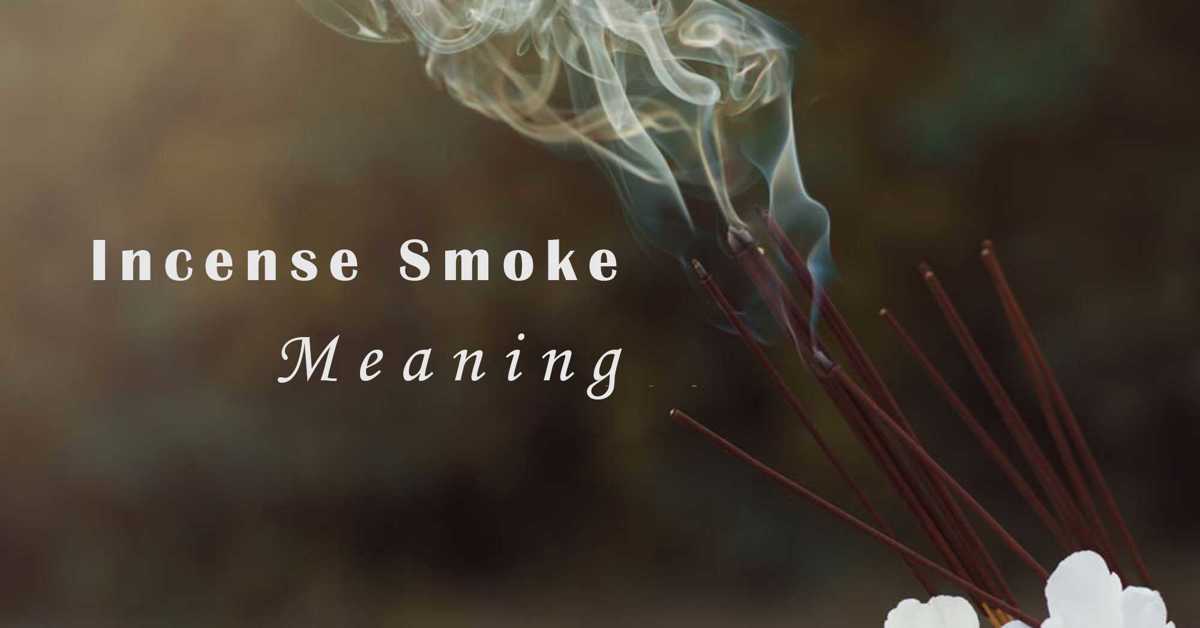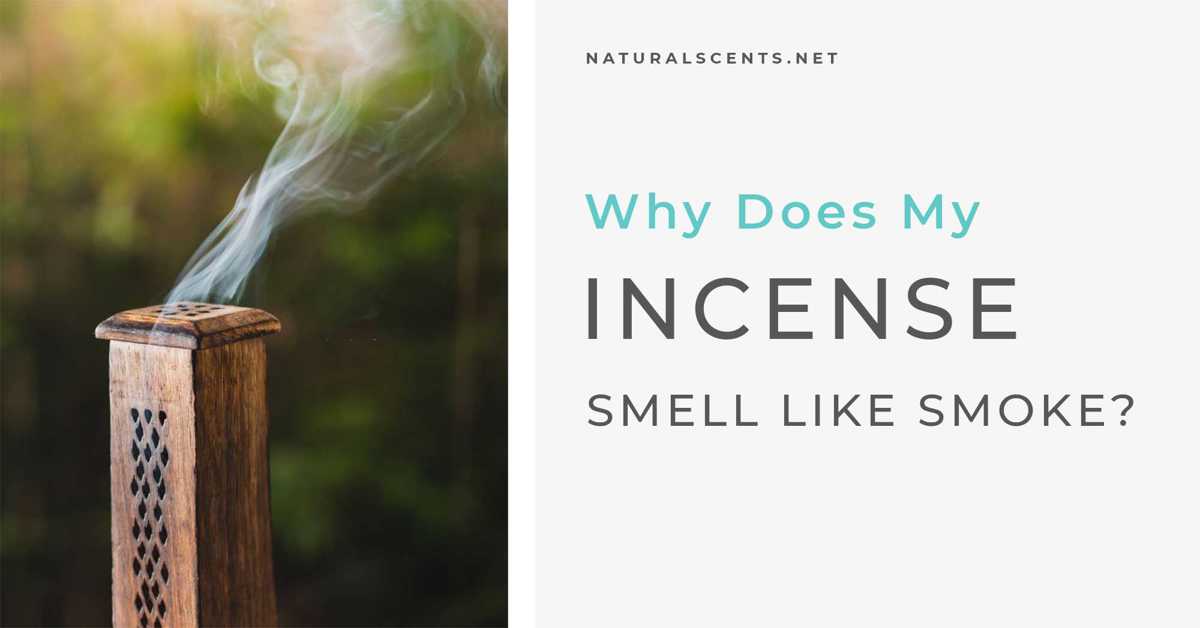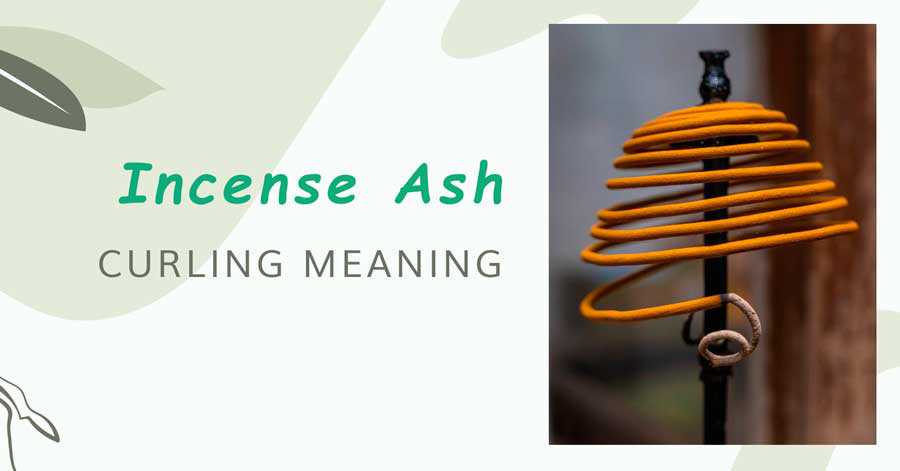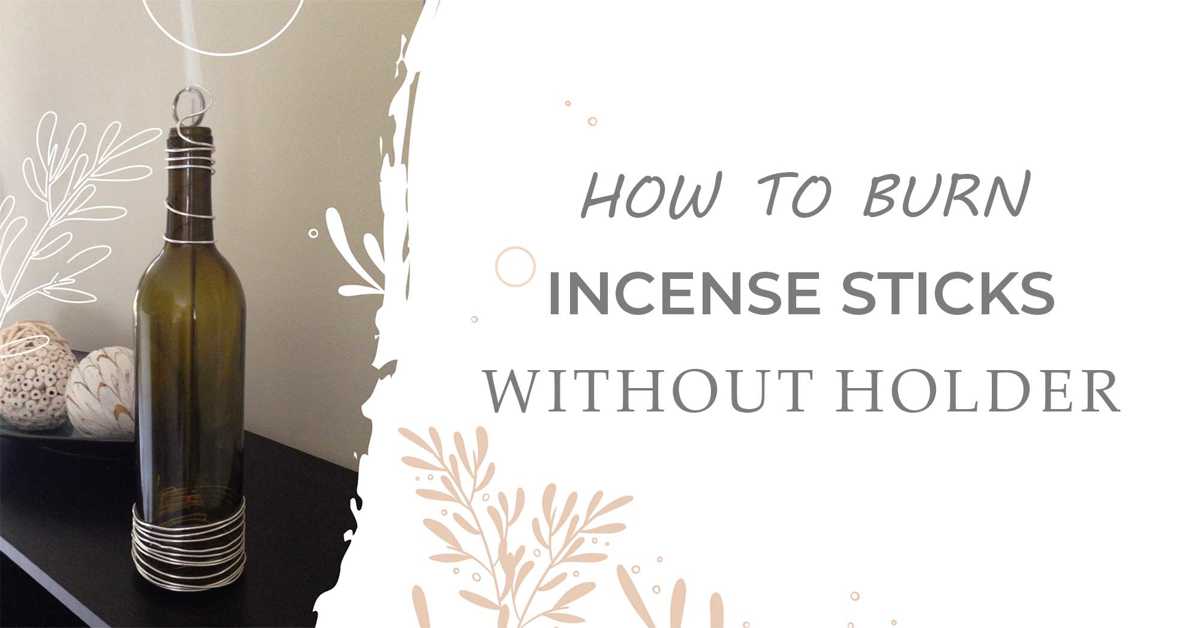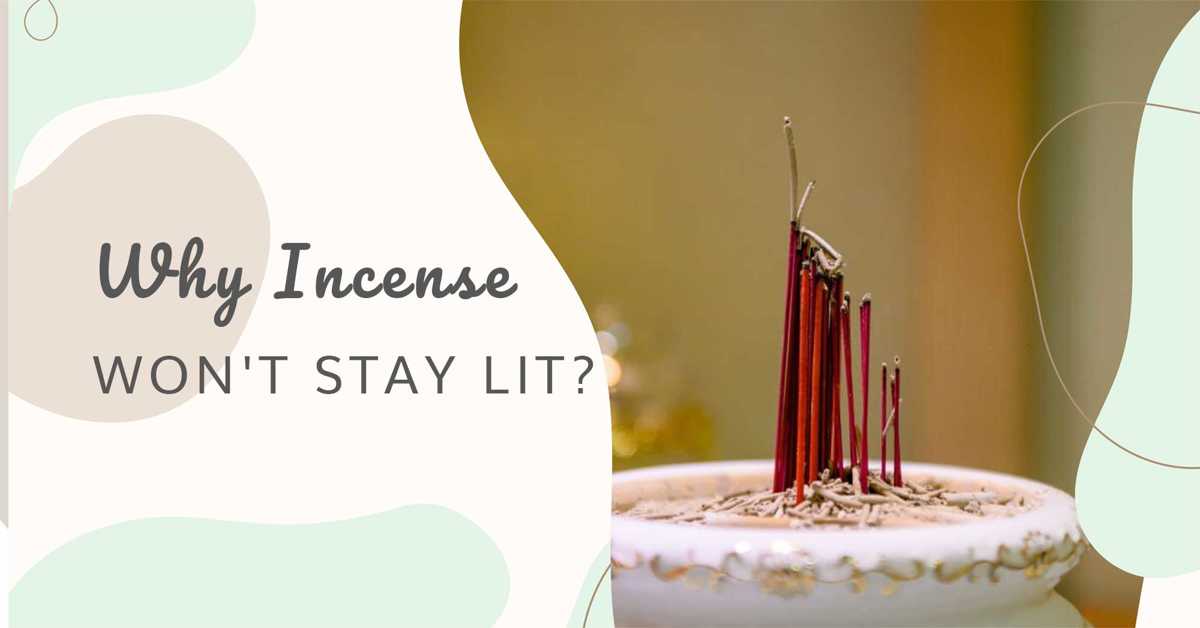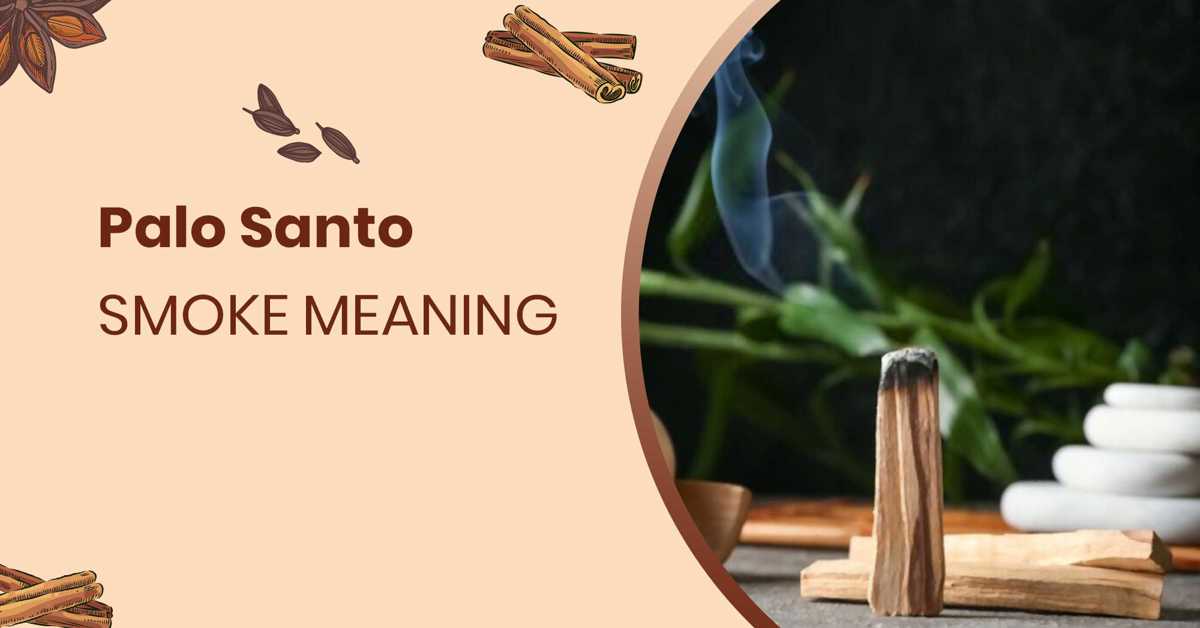Does Incense Really Help You Sleep? It's a question that's been asked for centuries. According to some, the sweet smell of burning incense can help lull you into a peaceful slumber. But does the science back up this claim? Let's take a look.
1. Incense: the natural sleep aid
Some may find that the fragrance of certain types of incense helps them to relax and feel drowsy, while others may not experience the same effect.
If you've ever burned incense before, you may have noticed that it can be quite calming and even help you fall asleep. The researchers found that, yes, incense can make you sleepy.
When you burn incense, the smoke that is produced contains certain chemicals. Some of these chemicals can have a relaxing effect on the body, which can lead to drowsiness.
The scent of incense can be very relaxing and can help you to fall asleep more easily. Incense is also said to have some health benefits, such as helping to reduce stress levels and improve circulation.
Read more: The 11 Health Benefits of Incense: How Incense Can Improve Your Wellbeing
2. Why does incense make you sleepy?
The first:
The scent of incense can be relaxing and promote feelings of calmness.
Burning incense has long been used as a way to relax before sleep. When you burn incense, the aromatic smoke produced helps to relax your body and mind, making you feel sleepy.
The second:
The smoke from burning incense can act as a mild sedative.
It is thought that the smoke produced by burning incense may play a role in inducing sleepiness, as inhaling smoke can have calming and sedative effects.
Burning incense may indeed make you sleepy, due to the fact that many of the aforementioned herbs have natural sedative properties. The scents of some incense can also be soothing and have a calming effect on your emotions, which further promotes sleep.
The third:
Incense can help to mask other strong smells that may be present in the environment, making it more conducive to sleep.
When you're trying to sleep, the last thing you want is a strong smell wafting through your bedroom. The foul odor can be hard to ignore, making it difficult to fall asleep. Burning incense will help cover up the bad smell in your room, making you feel more comfortable. If you don't have any incense, you can try using a scented candle or some essential oils. Just make sure whatever you use is not too overwhelming.
Next:
The act of burning incense itself can be soothing and meditative, promoting relaxation. The act of burning incense is often used in meditation and relaxation practices, both of which can help to prepare you for sleep.
Then finally:
The warmth generated by burning incense can also be comforting and help to ease tension in the body.
Additionally, the heat produced by burning incense may also contribute to making people feel sleepy, as increased body temperature has been shown to promote relaxation and sleep.
3. What incense helps you sleep?
The most common type of incense used for this purpose is lavender, which is said to have calming and soothing effects. Other popular choices include chamomile, valerian root, and passionflower.
- Lavender has long been used as a natural sleep aid. The calming and relaxing properties of lavender oil make it an ideal choice for those seeking to improve their sleep quality. Several studies have shown that lavender oil can induce sleep and improve sleep quality in adults.
- Chamomile (Matricaria chamomilla) is a plant that has been used for centuries to promote sleep. Chamomile tea is still commonly consumed before bedtime in many cultures. Chamomile contains a compound called apigenin which binds to specific receptors in the brain that have sedative effects.
- Valerian root (Valeriana officinalis) is another popular herbal remedy for insomnia and anxiety. Valerian root contains a number of compounds including valerenic acid which interact with gamma-aminobutyric acid (GABA) receptors in the brain to produce a calming effect.
- Passionflower (Passiflora incarnate) is another herb traditionally used to treat insomnia and anxiety. Passionflower contains several compounds including chrysin and passiflorine which have sedative effects. All three of these plants have been shown to be effective in treating insomnia and anxiety.
It is not surprising that many people find that burning incense before bed helps them to fall asleep more easily. If you are struggling with sleep, consider trying one of these incense to help you get the rest you need.
Read more: The Top 11 Best Incense for Sleep: How to Get a Better Night's Res
Conclusion
If you find yourself struggling to fall asleep at night, consider giving burning incense a try. If burning some incense helps you relax and fall asleep, go ahead and use it! It is best to experiment with different types of incense to see what produces the desired effect.
But if it doesn't seem to work for you, there's no need to worry. Just find another way to relax before bedtime.


